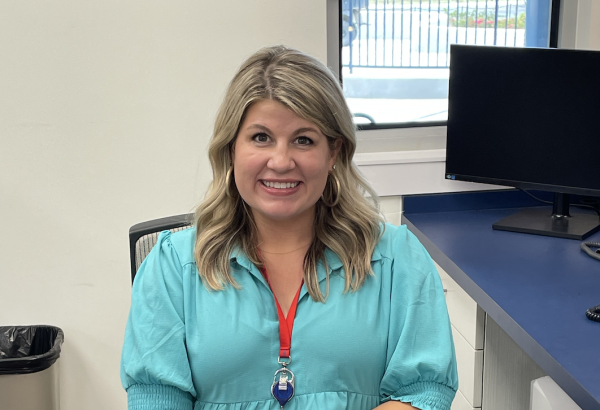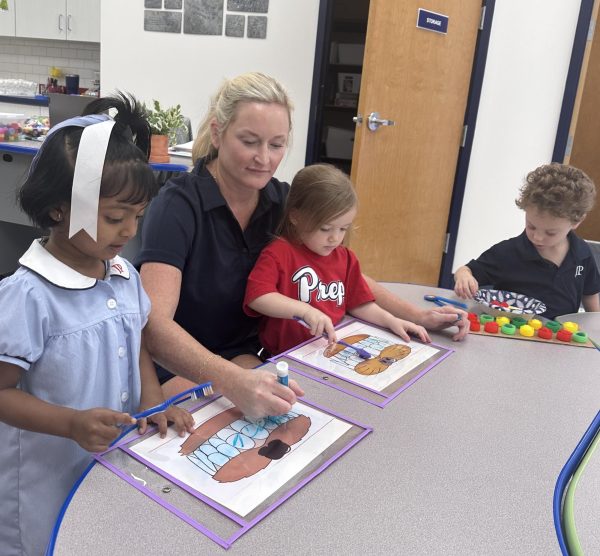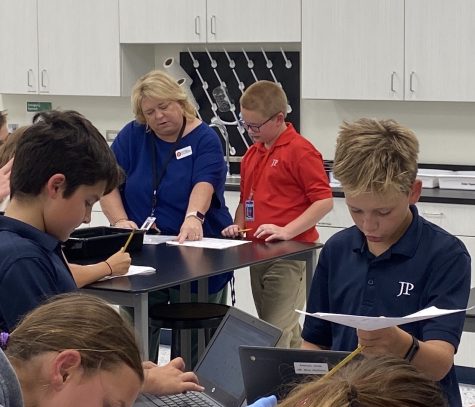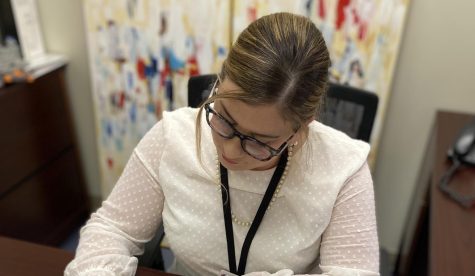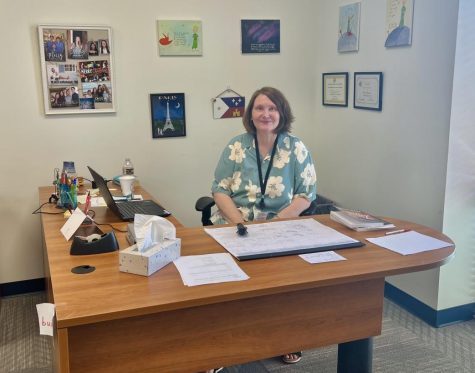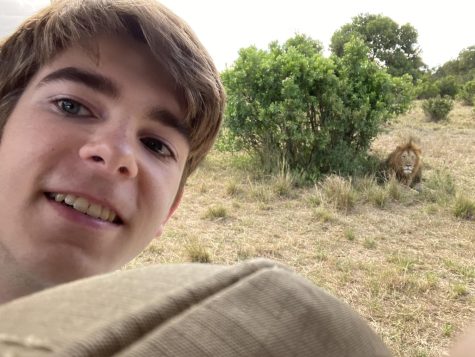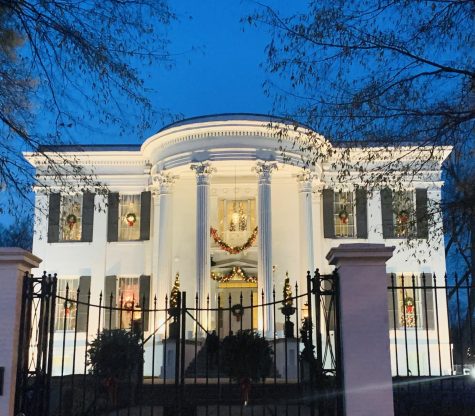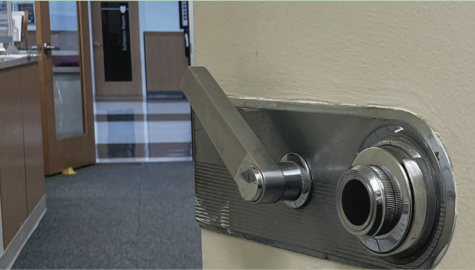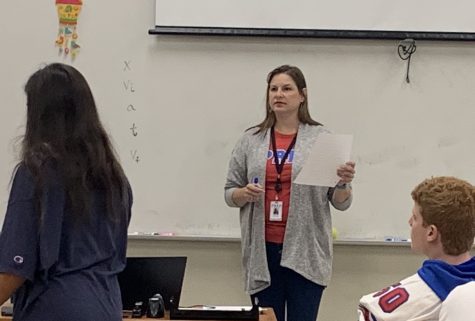Alumni Profile: Elizabeth Shackelford (’97), diplomat and author
From Issue 7

What’s out there?
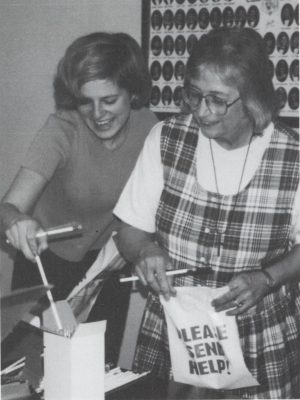
A former U.S diplomat and a Jackson Prep alumna, Ms. Elizabeth Shackelford, has had this question for as long as she can remember. Her curiosity about the world began with her childhood in Jackson. Growing up in 1990s, Shackelford found herself interested in current events such as the fall of apartheid—the policy of segregation in South Africa— and civil rights in the American South.
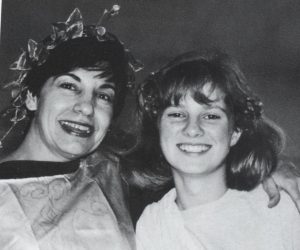
While at Prep, Shackelford developed her voice as a writer by voicing her opinions as a staff writer in The Sentry. She wrote a column — “Cults of the Famous and the Dead”— where she gave her thoughts on trends and the world around her.
In one of her final stories, she discussed her experience in high school, writing, “I have learned that I should never stop progressing…I live my life in a goal-oriented fashion. Right or wrong, this is my personality, and it keeps me going even in the most bleak times.” Shackelford credits the newspaper with giving her confidence in her voice as a writer.

At Prep, she was also captain of the speech and debate team. In her senior year, she was a National Merit Finalist and was chosen by the other members of the Class of 1997 as Most Likely to Succeed.
After high school, Shackelford’s interests and curiosity led her to Duke University. While there, she studied African cultures. After her undergraduate work, she attended law school at the University of Pittsburgh. During her postgraduate studies, Shackelford spent time in Kosovo, where she worked with young diplomats.
At thirty, Shackelford went through the U.S diplomat training program, and transitioned to her role as a career diplomat in the US State Department. During her time with the state department, she worked in Poland, Somalia, D.C., and South Sudan. These experiences tested her ability to think quickly in high stress situations, like when the civil war broke out as she was living in Juba, South Sudan. “You never know how you are going to react, so I’m thankful to have handled it well,” she remembers.
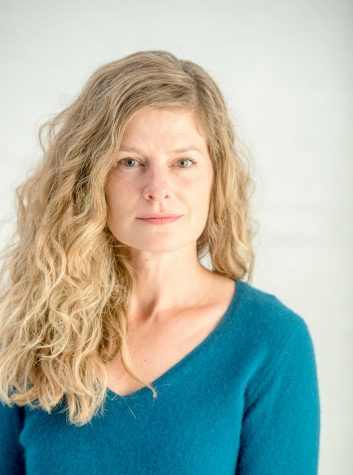
After leaving Juba in 2014, Shackelford became a watch officer in the operations center. Shackelford was part of a prestigious team that operated a twenty-four hour crisis line for diplomats. During this time, she became growingly frustrated with what she saw as the United States’s lack of accountability when it came to South Sudan. She expressed this complaint in a dissent channel—a device used within the State Department to voice criticisms. Shackelford’s complaint went almost unrecognized, and so she continued her work in a new assignment in Nairobi, hoping that she could improve the department internally.
In 2017, after years of frustration with the state department, Elizabeth made national news with her resignation letter from the State Department. In her letter, she expressed her disappointment in the mismanagement of the State Department over the years, culminating in Secretary of State Rex Tillerson and the Trump administration’s “stinging disrespect this Administration has shown our profession.” She also expressed disappointment in the administration’s disregard of human rights.
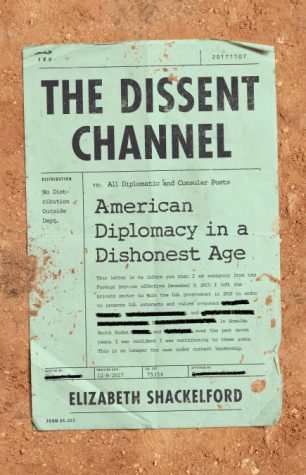
After her resignation, Shackelford spent about a year writing her book, The Dissent Channel: American Diplomacy in a Dishonest Age. Elizabeth’s idea for her book came to her after a colleague suggested it during the civil war in South Sudan. Writing everything down as it happened, Elizabeth sent out Facebook posts and wrote journals with updates from Juba “I wanted to remember everything that was happening…It helped later on when I was in the process of writing The Dissent Channel.”
Recently, Shackelford announced that she will be joining the Chicago Council as a senior fellow on U.S. foreign policy. She hopes to focus on her idea of restrained diplomacy— focusing less on the military and more on peaceful diplomacy. She looks forward to being a “diplomat to the midwest,” spreading awareness of the importance of foreign policy.




